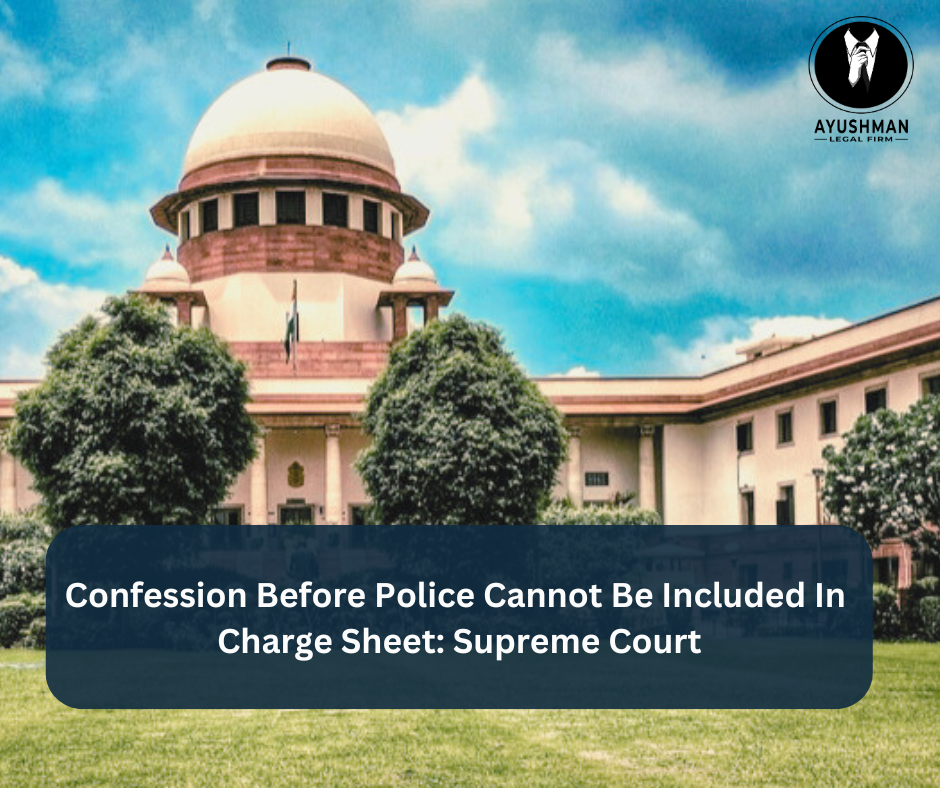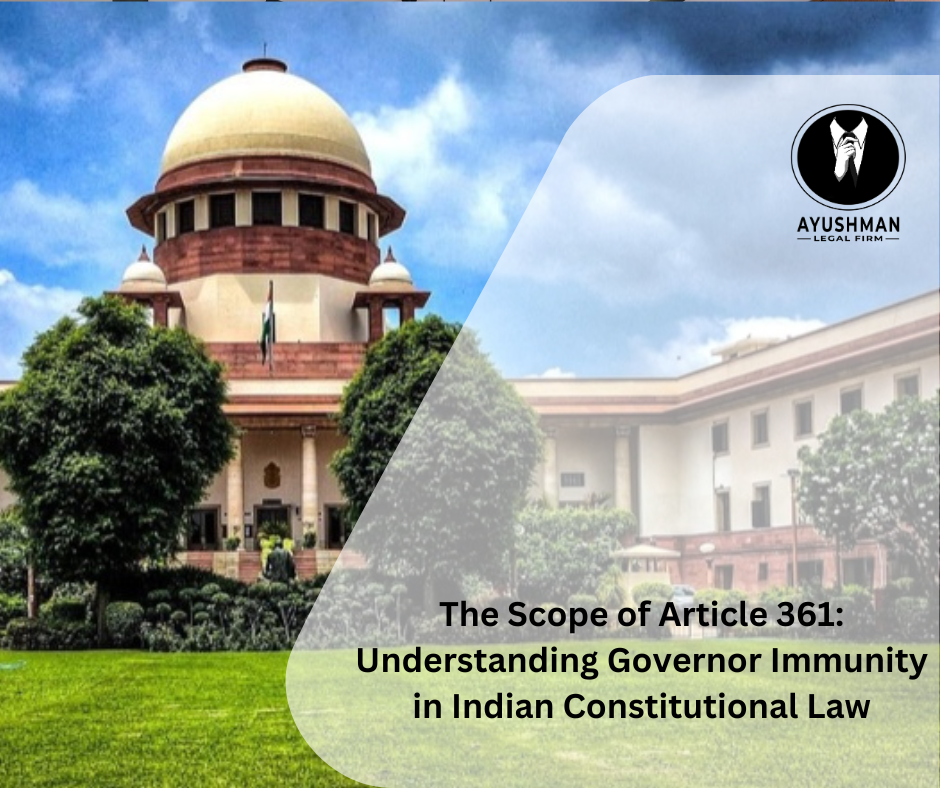In a landmark decision, the Supreme Court of India has reiterated the necessity for precise and direct pleadings in suits seeking specific performance under the Specific Relief Act. This verdict underscores the judiciary’s commitment to maintaining clarity and specificity in legal pleadings to ensure justice is served effectively.
Background of the Case
The case in question revolved around the enforcement of a contract where the plaintiffs sought specific performance. The defendants contested the claims, arguing that the pleadings were vague and lacked the requisite specificity mandated by the Specific Relief Act.
Legal Framework: Specific Relief Act
The Specific Relief Act, 1963, is a crucial piece of legislation that outlines the remedies available for parties whose contractual rights have been infringed. Under this Act, specific performance is a discretionary remedy, compelling a party to perform their contractual obligations. However, the Act mandates that pleadings must be precise, direct, and unequivocal to substantiate a claim for specific performance.
Key Provisions
- Section 10: Outlines the cases in which specific performance can be enforced.
- Section 16: Details the personal bars to relief, emphasizing the need for clean hands and specific pleadings.
- Section 20: Provides the discretionary power of the court to grant specific performance, highlighting the importance of detailed pleadings.
Importance of Specific Pleadings
Legal Precedents
The Supreme Court’s decision aligns with established legal precedents that emphasize the importance of specific pleadings. Past judgments have consistently held that vague and general statements in pleadings are insufficient to meet the requirements of the Specific Relief Act.
Judicial Interpretation
The judiciary interprets the requirement for specific pleadings as a means to prevent frivolous litigation and to ensure that the defendants are adequately informed of the claims against them. This allows for a fair opportunity to respond and defend themselves.
Analysis of the Supreme Court’s Decision
Case Details
In the present case, the plaintiffs’ pleadings were scrutinized for their specificity. The Supreme Court found that the pleadings lacked the necessary details and directness required under the Act. The judgment highlighted the following deficiencies:
- Lack of Specific Dates: The pleadings did not mention specific dates of the alleged contractual breaches.
- Absence of Detailed Obligations: There was a failure to delineate the specific obligations that were purportedly breached.
- General Allegations: The pleadings contained broad and general allegations without concrete details.
Court’s Reasoning
The Supreme Court reasoned that the absence of specific and direct pleadings undermines the very purpose of the Specific Relief Act. The court emphasized that detailed pleadings are essential to provide a clear picture of the dispute, enabling the court to adjudicate effectively.
Implications of the Judgment
For Plaintiffs
Plaintiffs seeking specific performance must ensure that their pleadings are meticulously detailed. This includes specifying dates, detailing obligations, and providing a clear narrative of the contractual breach.
For Defendants
Defendants can leverage this requirement to challenge vague and imprecise pleadings. This places a burden on the plaintiffs to present a well-substantiated case from the outset.
For Legal Practitioners
Legal practitioners must be diligent in drafting pleadings for specific performance suits. This judgment serves as a critical reminder to focus on precision and clarity in legal documentation.
Conclusion
The Supreme Court’s decision reaffirms the judiciary’s stance on the necessity of specific pleadings in suits for specific performance under the Specific Relief Act. This ruling not only ensures that justice is delivered effectively but also reinforces the importance of clear and detailed legal pleadings. As the legal landscape continues to evolve, this judgment serves as a guiding precedent for future cases involving specific performance.



